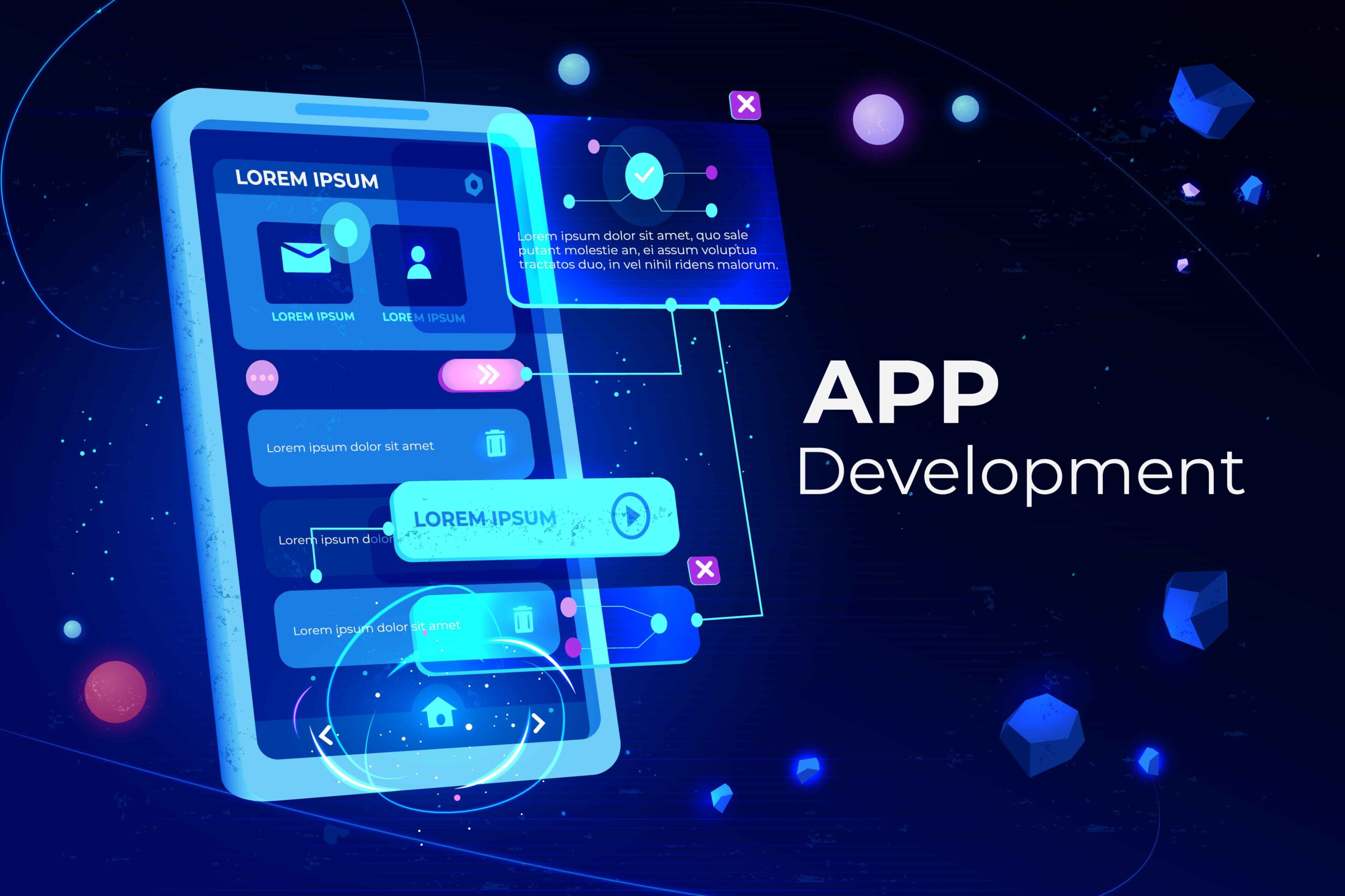PHP App Development Company
IT Chimes Provides The Best PHP Services
IT Chimes is an experienced Indian company offering IT solutions to its clients for years. We offer fully packaged apps or websites, with high security features and at low costs.
Our highly creative team creates web solutions which are user friendly and are according to the latest technology.

Services We Offer
PHP Web Development
Our highly qualified team will take care of all your web needs.
Web Application Development
We create responsive apps for you to get the best browsing benefits in all mediums that you use as well as cross-platform web apps that will enhance your business.
Custom PHP Development
We build websites for you which acts in complete sync with your business, helping you business to grow.
Ecommerce Development
We create user-friendly and high-performing online e-commerce stores for your business. It will surely bring in profits for your enterprise.
PHP CMS Development
We have expertise in PHP and you can entrust us with PHP app development trends for your enterprise.
Job Portals And Social Networking Solutions
Our job portal solutions helps your business to grow, by fulfilling all the means of job portal. Our social networking solutions provides you with the platform for you and your business to network well with customers and achieve success in your business.
Our Process Of PHP Development Services
- Our highly dedicated team uses the open scripting language to keep it simple and create a lively page.
- Our team creates codes which are simple and essentially time saving.
- Our team copes up with the exception of our clients and delivers quality based corporate websites for clients all over the world.
Are you looking for professional
WEB DEVELOPMENT COMPANY?
Frequently Asked Questions
PHP can be used to develop various types of applications, including:
- Content Management Systems (CMS) like WordPress, Drupal, and Joomla.
- E-commerce platforms such as Magento, WooCommerce, and Shopify.
- Social media networks and community portals.
- Customer Relationship Management (CRM) systems.
- Enterprise resource planning (ERP) systems.
- Web APIs and backend services for mobile apps.
The advantages of using PHP for App Development include:
- Rapid development with a large selection of ready-made frameworks and libraries.
- Scalability to handle large volumes of traffic and data processing.
- Flexibility to integrate with various databases and third-party APIs.
- Strong security features and regular updates to address vulnerabilities.
- Compatibility with different web servers like Apache, Nginx, and Microsoft IIS.
Yes, PHP is suitable for building scalable and secure applications when best practices are followed, such as:
- Using frameworks like Laravel, Symfony, or CodeIgniter that enforce security measures.
- Sanitizing input data and validating user inputs to prevent SQL injection and XSS attacks.
- Implementing encryption for sensitive data and using secure authentication methods.
- Regularly updating PHP versions and dependencies to address security patches.
Popular PHP frameworks for App Development include:
- Laravel: Known for its elegant syntax, MVC architecture, and extensive features like authentication, routing, and ORM.
- Symfony: A flexible framework with reusable components, suitable for complex enterprise applications.
- CodeIgniter: Lightweight and easy to learn, ideal for rapid development and smaller projects.
- Yii: High-performance framework with caching support and scaffolding tools.
- Zend Framework (now Laminas Project): Offers a collection of PHP packages for building scalable and robust applications.
To hire a PHP App Development team or developer, consider:
- Reviewing portfolios and previous projects to assess their expertise and experience.
- Checking client testimonials and references to gauge satisfaction and reliability.
- Evaluating technical skills in PHP, frameworks, database management, and integration with frontend technologies.
- Discussing project requirements, timelines, and communication preferences.
- Considering factors such as location, timezone compatibility, and cost when choosing between freelancers, agencies, or offshore teams.
The steps involved in PHP App Development typically include:
- Requirement gathering and analysis to understand project goals and user needs.
- Planning and architecture design, including database schema, UI/UX wireframes, and system flowcharts.
- Development of frontend and backend components using PHP, HTML, CSS, JavaScript, and chosen frameworks.
- Testing and quality assurance to identify bugs, performance issues, and usability concerns.
- Deployment to a production server or cloud platform, configuring DNS settings, and setting up monitoring tools.
- Post-launch maintenance, updates, and support to ensure ongoing functionality and security.
PHP can integrate third-party APIs by:
- Using cURL or GuzzleHTTP libraries for making HTTP requests and handling responses.
- Parsing JSON or XML data returned by APIs and processing it within PHP scripts.
- Authenticating API requests using OAuth, API keys, or token-based authentication mechanisms.
- Implementing error handling and retry mechanisms to ensure robust API integrations.
- Documenting API usage and adhering to rate limits and API usage policies set by third-party providers.
